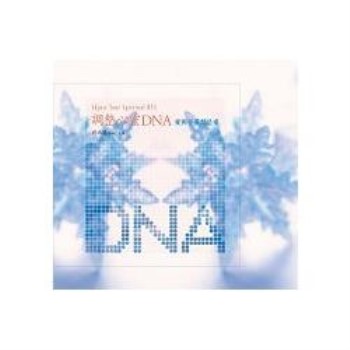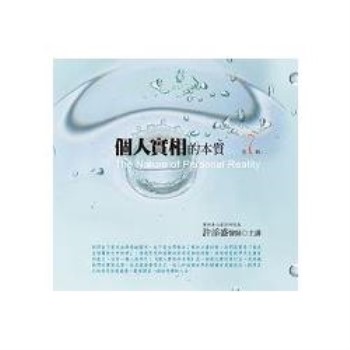This is not a technical chemistry book. It examines what chemists do in problem solving, forensic analysis, public and environmental analysis and management of laboratories. It does this through numerous examples of samples analysed over the past 150 years.
Modern society is controlled through measurements. Analytical chemistry is the application of the chemical sciences to identify and quantify substances to generate data for decision making purposes. Public health and forensic chemistry laboratories’ mission is to protect society from those who would damage the health and well-being of others. It is one of the silver threads that binds society together.
This book examines the 150 years (1873-2023) of achievement of a Government analytical chemistry laboratories. It will be of interest to those who are chemists, studying chemistry, managing laboratories, or members of the public who are curious about the activities of the back-room boffins who generate data for Government and Industrial decision making. Almost every day the newspapers report their results without acknowledgement. Every day, the courts accept their certificates, allowing them to carry out the course of justice.
It looks at the qualifications, career paths and exceptional problem-solving skills of well-trained analytical chemists through numerous examples of case studies ranging from threats to the Australian wheat crop, coal mine explosions, to the toilet paper used in Government facilities.
It examines management styles and structures. It discusses careers in analytical chemistry, and it records the personal careers and achievements of a number of chemists who spent their whole working life at this laboratory.
| FindBook |
有 1 項符合
Analytical Chemistry - an Interesting Career: What Chemists Do的圖書 |
 |
Analytical Chemistry - an Interesting Career: What Chemists Do 作者:Golding Oam 出版社:Gary Golding 出版日期:2023-01-01 語言:英文 規格:平裝 / 388頁 / 22.86 x 15.24 x 2.03 cm / 普通級/ 初版 |
| 圖書館借閱 |
| 國家圖書館 | 全國圖書書目資訊網 | 國立公共資訊圖書館 | 電子書服務平台 | MetaCat 跨館整合查詢 |
| 臺北市立圖書館 | 新北市立圖書館 | 基隆市公共圖書館 | 桃園市立圖書館 | 新竹縣公共圖書館 |
| 苗栗縣立圖書館 | 臺中市立圖書館 | 彰化縣公共圖書館 | 南投縣文化局 | 雲林縣公共圖書館 |
| 嘉義縣圖書館 | 臺南市立圖書館 | 高雄市立圖書館 | 屏東縣公共圖書館 | 宜蘭縣公共圖書館 |
| 花蓮縣文化局 | 臺東縣文化處 |
|
|
圖書介紹 - 資料來源:博客來 評分:
圖書名稱:Analytical Chemistry - an Interesting Career: What Chemists Do
內容簡介
|











